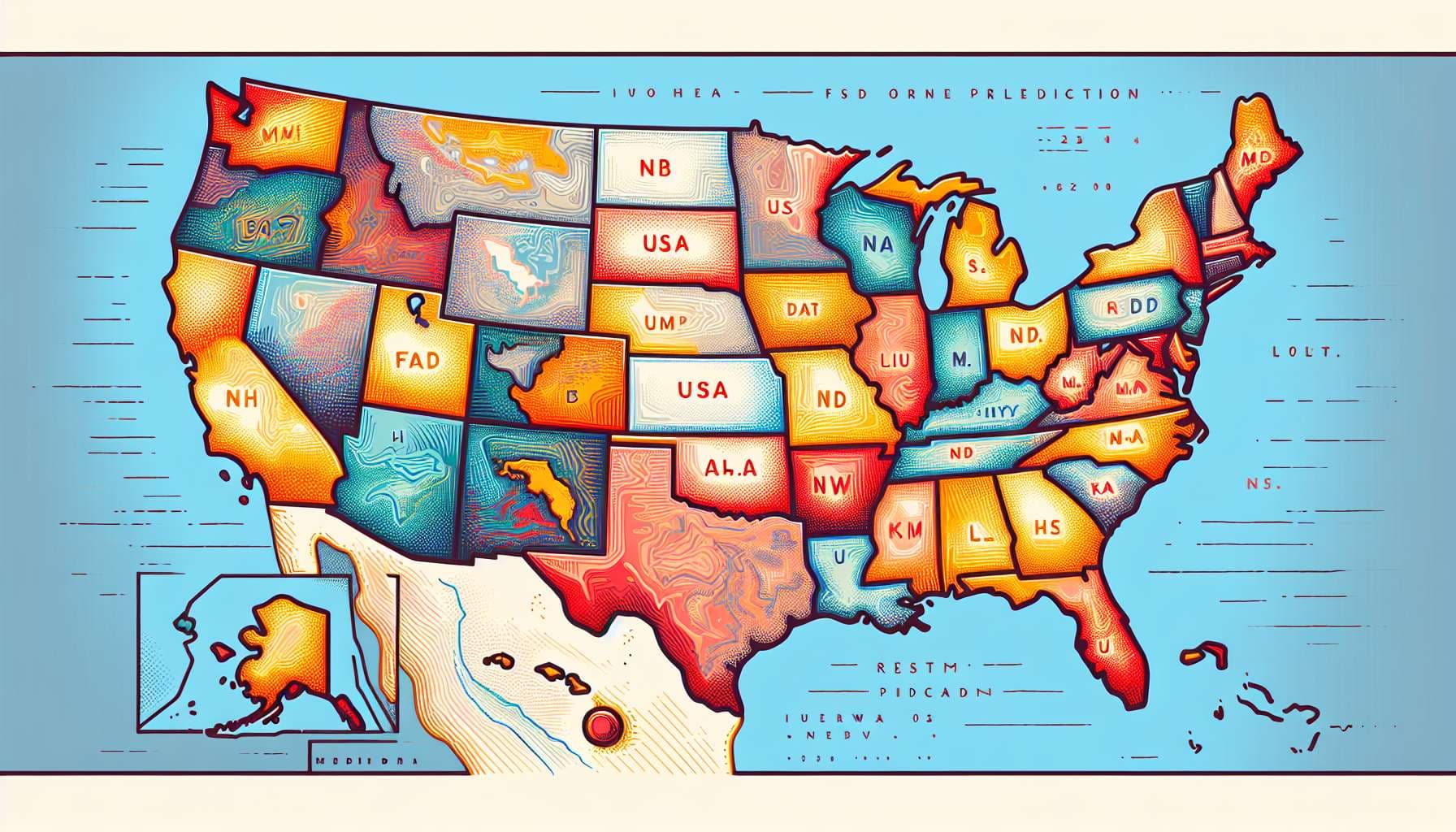
I will consider the 2024 election to have been decided by a single state if the candidate who wins wouldn't have won if they had lost the tipping point state but the map remained otherwise identical. In that case, the tipping point state will be considered the decisive state. It still counts as a "state" being decisive even if the tipping point state is really a Congressional district.
If losing the tipping point state would have resulted in an electoral college tie rather than an outright loss, I'll still consider it decisive. If an electoral college tie actually does happen, then I will consider the closest state that was won by the winning candidate to be decisive. If no candidate reaches an electoral college majority because a third candidate won a state, rather than because of a 269 to 269 tie, then I'll consider that state to be decisive.
Note that by the definition I have here, it is still possible for the election to be decided by a single state even if there is another state won by the winning candidate by a smaller margin. For example, the 2000 election was decided by Florida, which was also the closest state. However, if every state had voted 0.1% more for Bush, he would have won New Mexico (the closest state that went to Gore) as well. In this situation, Florida would still be considered the decisive state, since Bush still wouldn't have won the election if he had won New Mexico but not Florida. In other words, it's possible for a candidate to win by a single state even if they also won another state by a smaller margin, so long as the other state that they won has fewer electoral votes and wouldn't be enough to get them over the top. However, the decisive state must be the tipping-point state, so this wouldn't count situations like, "The Democrat would have lost if they didn't have California".
@PlasmaBallin Though I suppose Pennsylvania was also sort-of the tipping point state in 2020, and it has twice as many electoral votes, so maybe it's more likely to be the deciding state.